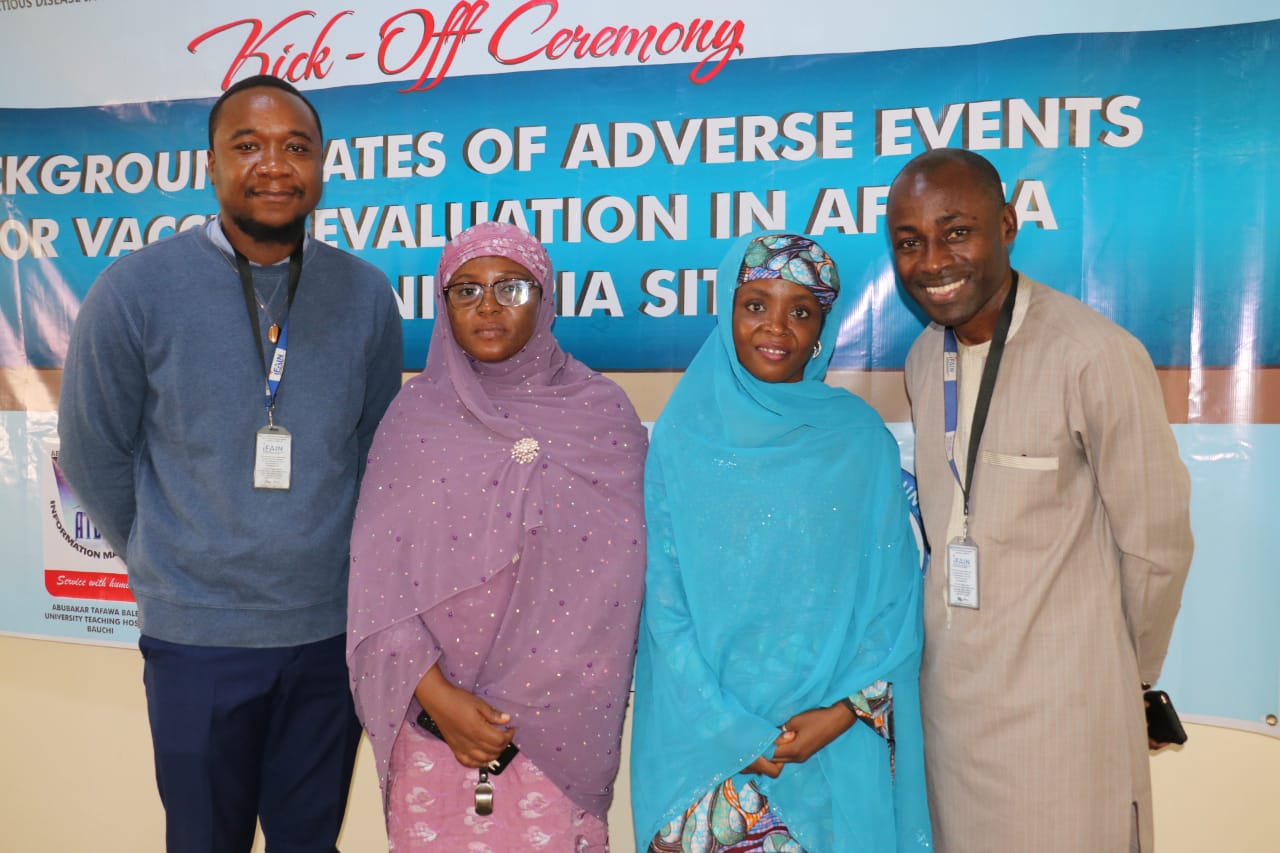The International Foundation Against Infectious Disease in Nigeria (IFAIN), in collaboration with the Global Vaccine Data Network (GVDN) has kicked off a three-year study on background rates of adverse events of special interest, prior to introduction of new vaccines in the country.
The project is funded by CEPI.
The Foundation, a non-governmental organisation working with Global Vaccine Data Network has selected four hospitals in the country where the study would be conducted under its project titled “Background Rate of Adverse Events for Vaccine Evaluation in Africa (BRAVE)” in Nigeria. The BRAVE project is also being implemented in 3 other African countries, namely Ghana, Rwanda and Kenya.
The Country Director for Research at IFAIN, Bernard Ebruke, said that the Foundation is coordinating the implementation of the BRAVE project in Nigeria, with the overall country leadership provided by Professor Stephen Obaro.
“The project aims to understand some conditions that may be associated with vaccines. We want to understand how common these conditions are in the population before the (Lassa fever) vaccine is introduced, such that when we continue to monitor, looking out for those conditions, what they call surveillance, by the time the vaccine is introduced and we see there is a change in these conditions within population, we may be able to tell what can be attributed to the vaccine”
According to Bernard, to determine what can be attributed to the vaccine, there must be an understanding of the baseline on what is happening in the population before the introduction of these vaccines. “This helps us assess whether any changes observed afterward can be attributed to the vaccine or not. That is the core objective of the project.”
He added that the project also aimed to support health facilities and the broader health system in Nigeria by building capacity to capture data reliably.
In Nigeria, Federal Medical Center, Owo (Ondo State), Irrua Specialist Teaching Hospital (Edo State), University of Benin Teaching Hospital (Edo State) and Abubakar Tafawa Balewa University Teaching Hospital (ATBUTH), Bauchi are participating in the study.
Also Speaking, Chief Medical Director ATBUTH, Professor Yusuf Jibrin Bara, remarked that for any vaccine project and trial, there are basic information and infrastructure and capacity that must be available. “We are lucky to have an organisation to give us a lot in terms of capacity building both in terms of human capital, infrastructure, laboratory and engagement with the community, that one we have done and now, very soon, you are going to see us start vaccines trials, the one we are starting with is Lassa, another one is coming.
“We are really ready for trials, so, to have a trial, definitely, there is the need to have some background information because a lot of new drugs and vaccines are coming, they may be having some adverse effects, so you have to know what is existing before giving you the vaccine or drugs.
“This particular project is actually going to be a very important thing to us because it will tell whoever is coming to partner with us in terms of vaccines trial or drug trial to know that already we have some information about the adverse effect of some basic drugs, so that the drugs to be used we will know whether it is contributed by the vaccine or the patient and the community already know that kind of reactions,” he said.







